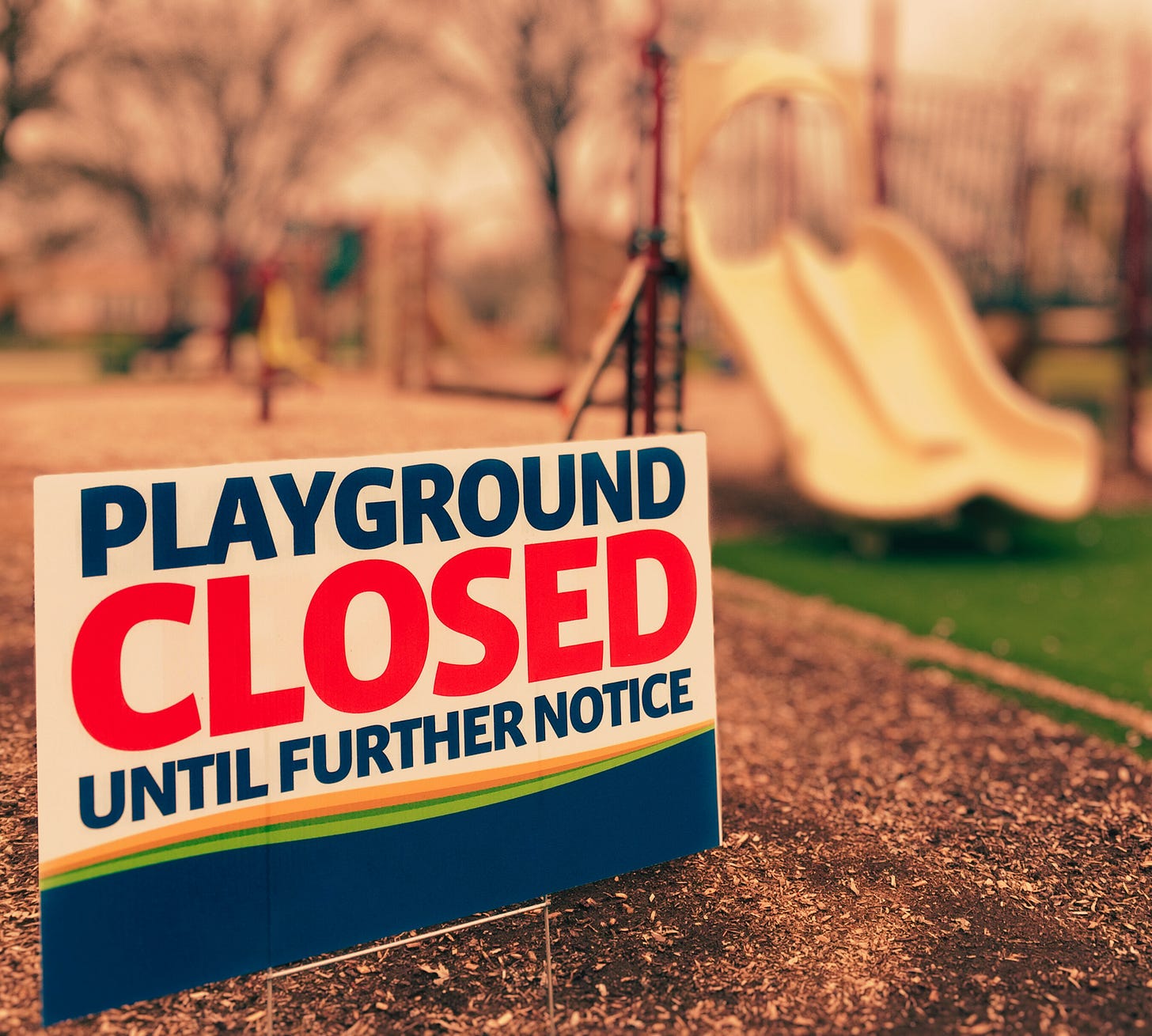The Sacrament of Safety
Capitalism, by definition, is an economic system where private individuals own and control the means of production and wealth. This means that not only should the rewards go to the private sector, but the risk as well.
Thus, it is not surprising that a society, increasingly accepting of socialist ideas, is also more risk-averse than at any time in our nation’s history.
A study by Northwestern Mutual found that most adult Americans avoid risk taking in their careers, their money, and even their social life. The researchers found that in terms of financial planning, almost three quarters (72 percent) of adults indicate they prefer “reducing risk… even if it means the potential for lower returns.” While this in itself is not unreasonable, the findings related to the everyday life of Americans are more revealing.
According to the study, 65 percent of Americans prefer to remain with one employer rather than take a risk and move, while just 35 percent said they prefer to take a chance with making changes when “they believe it has a higher potential for success/happiness than inaction.” Some 76 percent said they prefer to live in one place, “even if an opportunity to move could potentially result in career growth… or improved finances.”
Americans even tend to play-it-safe in their social life, with 66 percent maintaining friendships they already have “because they tend to avoid taking chances socially.” With so much daily technology usage among today’s population, most (72 percent) expectedly indicate that they prefer “activities that don't involve an element of risk.”
Furthermore, Americans have always been able to count on reckless youth to be the daring and boundary-pushing force within our culture. However, data shows that today’s youth would rather stay home and play video games than engage in typical adolescent behaviors. While this might sound beneficial, some social scientists and psychologists warn that upcoming generations could experience enormous harm due to their upbringing.
Over the last half century, the lives of children in western society have never been safer. However, experts contend that this environment could create the most risk-averse generation ever.
While weighing and managing risk is an important skill for any adult, practically every great American success story begins with someone taking a risk. In fact, our very existence as a free nation can be credited to people who were willing to take a chance and risk their lives to make this great American experiment possible.
Yet, the importance of risk-taking is not just anecdotal, it is backed up by data. Risk-taking can be a predictor of higher wages, according to peer-reviewed research. This factor correlates, unsurprisingly, to a decline in entrepreneurism, which America has witness since the 1970s and resulted in a gradual waning of real economic growth in America, according to the United States Joint Economic Committee.
As a parent, I understand the inherent desire to protect our children. However, there is a paradox of parenting that we must grasp for the betterment of our kids: if we coddle them in their youth, we could cripple their productivity as adults. Plus, outside of the home, this truth still has merit.
The actions of older generations carry far more weight than their advocacy, when it comes to persuading younger Americans. While most would predict a correlation with widespread poverty, I believe one of greatest prerequisites for the growth of socialism in a culture is the sacrament of safety.
A generation who worships comfort would trade almost anything, including their personal freedoms, for the promise of ease. While we know from history that socialist ideas ultimately lead to despair and despotism, its advocates only sell the utopian lie – which appeals to people who have never actually experienced the reward and personal satisfaction that can only be obtained through risk-taking, hard work, and success.
It can be disheartening to observe that our mainstream media, academic institutions, and culture largely promote ideas that are antithetical to individual liberty and economic freedom. However, there is good news.
It doesn’t take dogma to save a generation; it just takes dirt.
Allowing our kids to take a few risks, to get a little dirty, and most importantly, to be comfortable with the possibility of failure, could possibly be one of the greatest influences on their philosophical beliefs than any lesson learned that could be learned in a classroom. While kids in the heartland are likely far more protected from the coddling that is prevalent in child-rearing in many parts of the country, it is clear that growing urbanization, decreasing influences of faith, and increasing pressures from left-leaning institutions threaten to upend the influence of common-sense Americans, if we are not vigilant.



